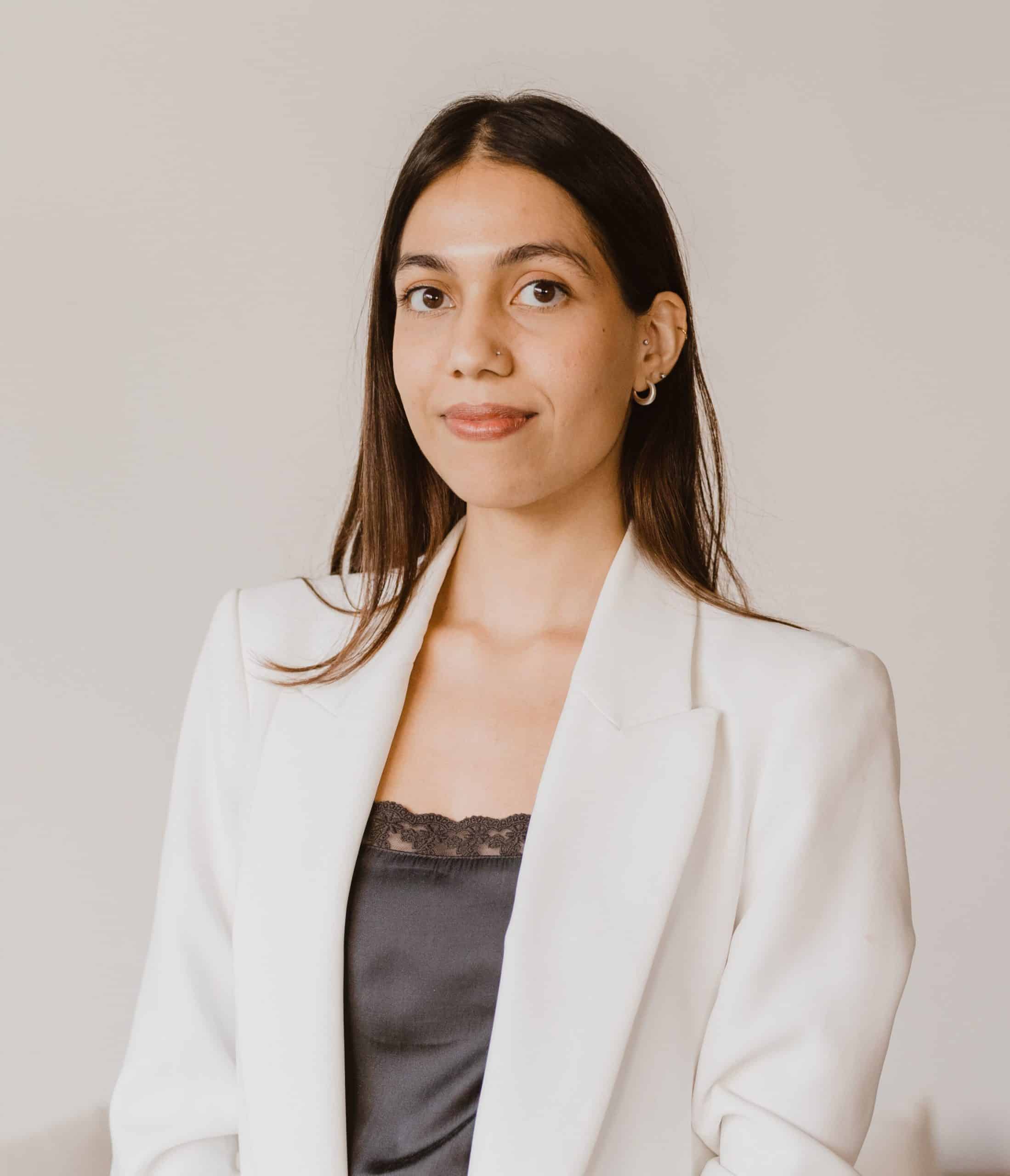Lydia AI is leading Asia’s insurance revolution by digitalising the way businesses interact and engage with consumers. Hive Life sat down with the Co-founder and CEO of the platform, Anthony Lee, to shed some light on the insurance landscape in Asia, Lydia AI’s proprietary health scoring engine, and its future implications for the InsurTech market.
Born from a vision to streamline access and equity in healthcare, Lydia AI has transformed the digital insurance landscape through its state-of-the-art machine learning capabilities, and progressive approach to building wider, all-inclusive coverage.
In 2015, Anthony Lee launched Knowtions Research in Toronto alongside co-founder Christina Cai. The technologically-adept pair later went on to develop their InsurTech platform to deliver personalised health risk assessments through Lydia AI.
Delving deeper into data science, Lydia AI has launched its artificial intelligence-enabled solution in Asia, leveraging the region’s universal healthcare database to unleash its predictive technological capabilities. Lydia AI’s risk scoring engine generates an accurate and precise rating of one’s overall health, through customers’ shared data records, empowering them to make informed decisions to better protect themselves.

Designed to provide standardised healthcare for all, the platform gauges the potential risks associated with various aspects of one’s health, which further allows insurance companies to personalise new solutions and address diverse customers’ needs. Lydia AI’s transformative technology is automating the insurance landscape and in 2022, the InsurTech platform received the Companies-to-Watch award as part of the Deloitte Technology Fast 50TM programme.
The rising techpreneur sat down with Hive Life to discuss the platform, its innovative solution, future projections for Asia’s InsurTech landscape, and Anthony’s greater vision for Lydia AI- “to insure the next billion.”

How did you first enter the insurance technology space?
I graduated from the University of Toronto, which was where I met my co-founder, Christina Cai, and we came out of school to start Lydia AI.
We were [initially] focused on natural language processing (NLP), which is a way to [detect speech] using computers, [similar to] Siri. Our focus was on multilingual applications, particularly on biomedical text, which we thought was the last frontier for NLP, and that [later] led us down the path of artificial intelligence in health.
Our initial task was to figure out how to standardise what [healthcare professionals] are saying [in different languages]. [We later shifted] to look into medical record data and standardisation.

Can you introduce us to the concept behind Lydia AI?
There is a consumer element to it, in the sense of consent. [Similar to how] you consent to FICO, the credit scoring service, to check your information and financial transactions routinely.
What we increasingly found in Asia is everybody has access to their own personal health records, especially in countries with universal health care. Governments are creating these infrastructures that allow citizens and individuals to own their medical data.
Many tech companies are realising this. Apple HealthKit is a great example, which allows [individuals to] store [real-time] clinical data.
For us, your AI Health Score is computed based on your medical data, which consists of three to five years of [information] based on whatever you consent to. To complete the [final] score, we do not require your raw medical data anymore. That score becomes a great representation of what your health condition is, and looks forward to the future.

Why did you choose Taiwan for your Asia headquarters?
An AI company is nothing without data. We could do the best in predictive modelling, [but] it would still be useless, so I went on this journey to better understand the data-centric environment, mostly in Asia, as it is more sophisticated [due to its] universal health care [model]. [Taiwan] had an established, more consolidated, and centralised infrastructure, compared to most countries.
[They also allow you] to gain access to research [alongside] partnerships with the different government [sectors], and hospitals gave us the first look at real-world data. We had a responsibility here, [in enabling] people to use AI to look into the future.
[Compared to] all the different countries, Taiwan had the best examples of data quality, infrastructure, and basic use of healthcare [intelligence]. It came out as one of the best examples of data, quality data, infrastructure, and the basic use of healthcare data for predictive modelling.
Taiwan also has a high saturation of insurance products. Typically, a local person would have about five to six policies. Taiwan’s highly saturated market [showcases] a good understanding and need for better protection products, which made us realise how we needed to work with the top 10 players here to make a successful case study.

What is a major difference in the market landscape between these regions?
These markets are [incredibly] heterogeneous. In a region such as Taiwan, [despite] almost 99% universal healthcare coverage, [there are] still many problems big enough for commercial insurers to address.
We see unique sorts of differences, [which alter] how we would talk about or adapt health scoring in various ways. In Asia, it is a trial, and we cannot do it alone, which is why we have to find partners in each country to [help us] grow fast.
What insurance-related issues does Lydia AI intend to tackle?
Firstly, to make [insurance] exam free, so [individuals] will not have to go out and visit a doctor. They [can simply] press a button to get their product grade fast. The biggest thing is to make the insurance buying process more smooth, and as fast as possible- we are talking three days or less- [in addition to getting] immediate approval, depending on the country.
Besides the customer experience, we are trying to optimise and ensure that more people [gain access to insurance], [especially] those with chronic diseases such as diabetes, hypertension, and others. Many people are in trouble and should be insured, but they [simply] cannot, and if they do, they [have to pay] huge premiums.
The [data generated] should [offer] good insights through health scores for insurance companies to access, and offer them a normal rate, and that is what we are hoping to achieve with the next billion.

How has Lydia AI developed a more personalised solution to address the diverse insurance needs of people in Taiwan?
Doing self-examination digitally on an app allows you to see your health report and gives you a better understanding of your own [wellbeing] so that you can plan accordingly.
It is also for agents, that is if you are willing to share your score then, to access your health report. It gives consumers [the autonomy to control their data], and gets them, as well as the agents more informed. The product is more personalised in regard to the engagement between the agent and the consumer.
With data privacy often being consumers’ primary concern, how does Lydia AI address this through its model?
There are two parts- [first] is the technical aspect of fulfilling regulatory compliance, and second, informed consent is maintained throughout the process of that experience. Getting certified is the best answer to having set data standards and privacy protection measures.
[The next] step for us is to delete the entire raw data altogether, and only keep the score- the statistics that will enable us to understand the core. Although [it may seem] extreme, it is [necessary] to protect the consumer, and give them an understanding of what they are sharing at their consent, as that is quite important.

Most traditional insurers are still behind on their technological offerings. From your experience in the InsurTech space, how can they speed up their own digital adoption?
There are different aspects to digital transformation. It is beyond just tech, and [rather] more about [various] cultural [elements] and pragmatics, in the sense that if you wish to change people’s behaviour, it is quite hard and [takes time].
If there is one thing that insurance companies could consider to build a successful case study like ours outside of their system and existing data infrastructure, [is to] create something lighter and cheaper, or even think about investing in a company or technology that provides such services. [This] has been one of the most successful transformation strategies that I have seen so far.

What is unique about Lydia AI’s tech solution?
Not only in Taiwan, [but] we are also at the [frontier] of figuring out how to combine AI and actual sciences to [streamline] customer experience, without any [unnecessary] medical exams, when buying an [insurance] product.
Solving that has had global implications, which is why we gained more recognition internationally. Ever since, we have seen a [greater number of] people taking risk scoring more seriously, and the fact that many are now leaning more towards the use of wearable data [technology].
Do you have any advice on how entrepreneurs can stay informed and empowered?
Listen to and [read more] about such [entrepreneurial interviews], as everybody has plenty to share, and it is the quickest way to learn and build confidence. Especially if you are a first-time founder, it [will help] define your initial motivations and the scope of what you wish to do.

What advice do you have for those looking to venture into the InsurTech space?
This has been one of the hardest things I had to overcome, as someone who has always been behind the computer screen for the longest time. The best way to do this is to find people, mentors, advisors, or veterans of the industry who can teach you. They must see something in you which makes them want to join your cause. It is about giving back to society, as well as empowering the next generation.
What is in store for Lydia AI’s future in Taiwan, and across Asia?
We are building [multiple] Pan-Asian and ASEAN partnerships for our AI health score model, with [various] reinsurance and tech-enabled companies. Getting the word out there is probably one of the biggest things we are [focused on], at the same time.
We have something in store for early next year, which is going to be an extension of the whole risk-scoring concept.

Related Articles
Digital Insurance Firm OneDegree Offers Cheaper, More Savvy Coverage





